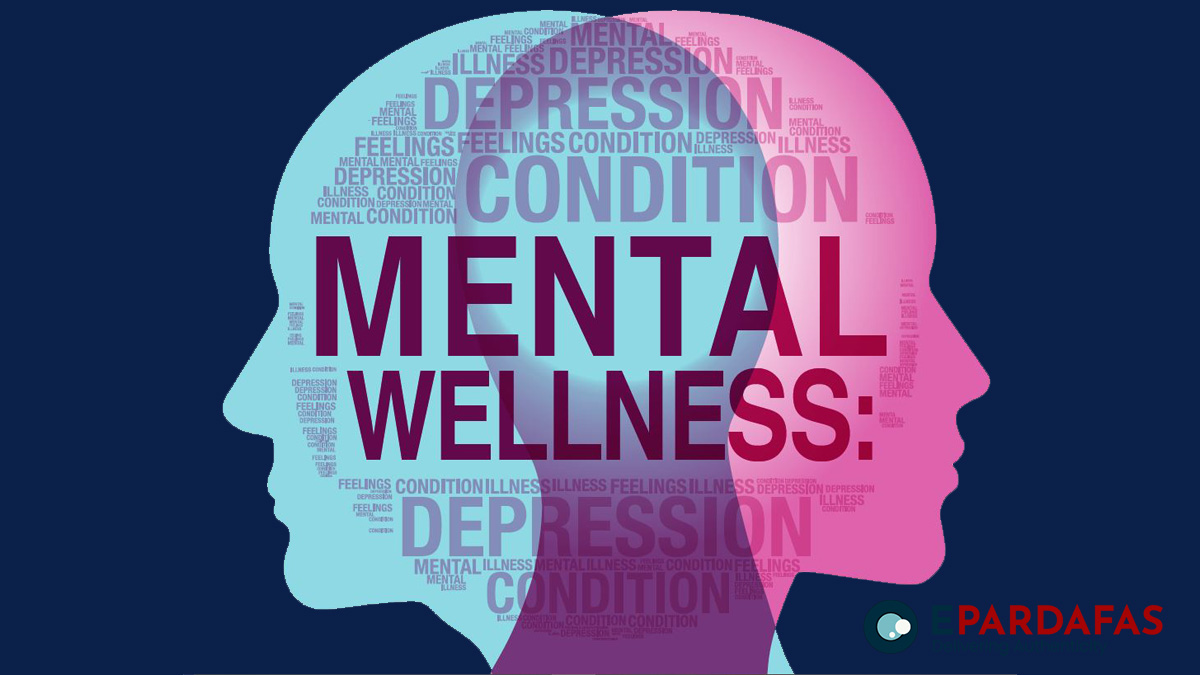
Social Media, Stress, and Identity: Teen Mental Health Unwrapped

In the dynamic landscape of mental health awareness, the imperative to comprehend and address the unique challenges faced by teenagers has gained prominence. Adolescence, a pivotal period marked by profound physical, emotional, and social transformations, demands a comprehensive examination of the factors influencing mental well-being. This expansive article embarks on a journey to unravel the intricate tapestry of teenage mental health, meticulously exploring the multifaceted challenges, societal determinants, and indispensable strategies for support and intervention.
Understanding the Teenage Mind:
Adolescence is a stage of metamorphosis, not only physically but also psychologically. The teenage brain, still in the process of development, is remarkably malleable, making it susceptible to various external influences. Hormonal fluctuations, peer pressure, academic stress, and the quest for identity contribute to the complex and evolving nature of the teenage mind. Experts emphasize the need for a nuanced understanding of these factors to foster empathy and insight into the daily struggles teenagers grapple with.
The Role of Social Media:
In an era dominated by technology, social media assumes a central role in shaping the lives of teenagers. The continuous connectivity, while offering avenues for self-expression and connection, also presents challenges. Cyberbullying, distorted body image ideals, and the relentless pressure to conform to societal norms are shadows cast by the digital age. This section undertakes a detailed exploration of the intricate relationship between technology and teenage mental well-being, examining both the positive and detrimental aspects.
Impact of Academic Stress:
The educational landscape has become increasingly competitive, placing immense pressure on teenagers to excel academically. The relentless pursuit of success can lead to stress, anxiety, and, in severe cases, depression. This segment delves into the profound impact of academic stress on teenagers’ mental health, investigating the various dimensions of this challenge. Moreover, it explores how educators, parents, and policymakers can collaborate to create an environment that fosters not only academic achievement but also emotional well-being.
Peer Pressure and Identity Formation:
The intricate dance of peer relationships is an integral part of adolescence, contributing significantly to the formation of one’s identity. The desire to fit in and establish a unique identity can lead teenagers to make choices that may impact their mental health. This section provides an in-depth examination of the dynamics of peer pressure and identity formation, offering insights into how individuals and institutions can positively influence teenagers during this critical period of self-discovery.
The Importance of Open Communication:
Effective communication between teenagers and their support networks is foundational for mental health. This segment underscores the significance of fostering open dialogue, breaking the stigma surrounding mental health discussions, and providing safe spaces for teenagers to express their thoughts and feelings. Real-life stories and expert insights illustrate the transformative power of communication in the realm of teenage mental health, emphasizing its role as a bridge between the individual and their support system.
Warning Signs and Early Intervention:
Recognizing the warning signs of mental health issues is pivotal for early intervention. This section thoroughly explores the red flags that parents, teachers, and peers should be aware of, emphasizing the importance of seeking professional help when necessary. By understanding the early indicators of mental health struggles, society can work collectively to create a supportive environment that addresses the unique needs of teenagers.
The Role of Schools and Educational Institutions:
Schools are not merely academic institutions; they play a crucial role in shaping the mental well-being of teenagers. This section investigates the multifaceted role of schools in promoting mental health awareness, implementing effective support systems, and fostering a positive and inclusive culture. Through case studies and expert perspectives, we delve into successful programs and initiatives that have made a significant impact on teenage mental health within educational settings.
Government Initiatives and Policy Advocacy:
Governments worldwide are increasingly recognizing the urgency of addressing teenage mental health through comprehensive policies and initiatives. This segment provides a comprehensive analysis of successful models of government intervention, evaluating the effectiveness of existing policies and discussing potential areas for improvement. Advocacy for mental health awareness in legislative agendas is crucial for creating systemic change that positively impacts teenagers across the globe.
Global Perspectives on Teen Mental Health:
Teenagers face unique challenges based on cultural, socioeconomic, and geographical factors. This extensive section provides a global perspective by examining how different societies approach and address teenage mental health. Through detailed case studies and expert insights, we shed light on diverse strategies and interventions that have proven successful in various cultural contexts, emphasizing the importance of context-specific approaches.
Conclusion:
In traversing the complex landscape of teenage mental health, it becomes increasingly evident that a holistic and collaborative approach is not only beneficial but imperative. By understanding the myriad challenges teenagers face, embracing the role of technology, fostering open communication, and implementing effective policies, society can create an environment that nurtures the mental well-being of the next generation. This exhaustive article serves as a clarion call, urging individuals, communities, and governments to prioritize the mental health of teenagers and invest in a brighter, more resilient future for the global youth.












Comments